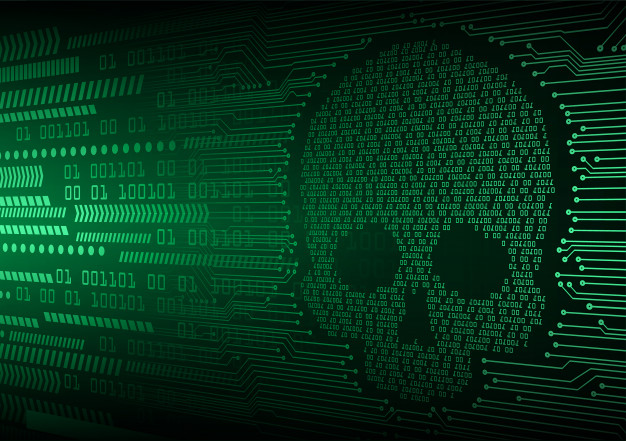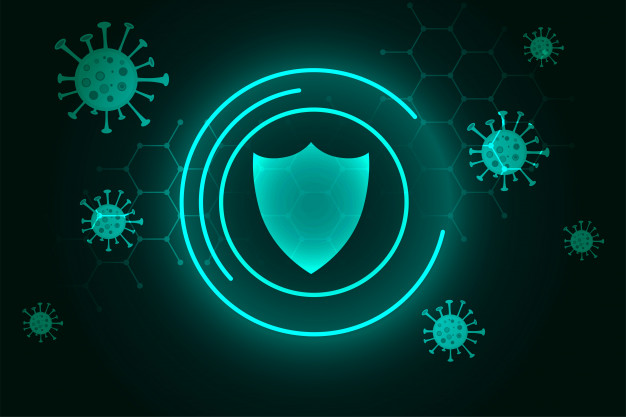Do you want Antivirus on a brand new windows computer or laptop? Free Antivirus
Do you want Antivirus on a brand new windows computer or laptop? Free Antivirus
For many years, the
perceived wisdom when it came to Windows PCs was that you needed to install
antivirus software if you wanted to keep your computer and data safe.
But, with the security
enhancements being pursued in the Windows operating system itself, is this
still the case? We explain whether you should install anti-virus apps on your
Windows 10 PC or laptop.
Doesn't Windows 10 have its own built-in security software?
There is indeed one: Windows
Defender. Windows has had virus protection for many years, and the latest
iteration found in Windows 10 is more powerful than ever.
A lot of people stick with
Windows Defender as their primary security software, and when combined with a
few precautions, we think it's an acceptable approach. It's nearly pretty much
as great as the free antivirus contributions from AVG, Avast, and Bitdefender
Microsoft's offering has the
advantage of being integrated into the operating system, so it has a low drag
factor when it comes to system resources. The result of this is that you
shouldn't see much performance drop if it is running in the background. And you
don't have to install or configure it first, which is a bonus too.
The advantage of dedicated
antivirus software, however, is that they generally provide a greater range of
functionality in terms of how they protect your system.So you are looking at
the compromise of performance rather than safety.
Is Windows Defender sufficient on its own?
Although Defender is a
competent tool, which is updated regularly, in tests done by UK Security
Analysts SE Labs, Defender (also known as Microsoft Security Essentials)
received a Total Accuracy score of 94 per cent.
It may sound high, but you
can get higher protection from ESET and Norton which received 100 and 99 per
cent respectively.
It's not just about the
scores, however. We've already mentioned the features: Defender now has an
'Exploit guard' which helps protect your files from ransomware, but only if
you've updated Creator (or a newer version of Windows 10).
Paid antivirus software
often has features earlier, and many now employ artificial intelligence for
better threat detection. And you'll likely get extras like password managers,
as well as email and web browser plugins that can alert you to risky email
attachments and websites.
Do not use an Administrator account
On Windows, it is a good
idea not to use an account with Administrator privileges. This simple
modification can eradicate many threats, like malware, spyware, which will not
be able to install on your PC.
To do this you will need to
create a new Administrator account (and you will want to have one in your
system) and then change the existing one to a Standard account.
This can be done in
Settings> Accounts> Family & other people, where you add either a
family member or a generic account.
Set it to Administrator,
then log out of your existing account. Log in to the new one, click on your
normal account and when the option to Change account type appears to click on
it. This opens a window where you can select to make either a Standard or
Administrator account.
With that fixed, it should
offer a sufficient amount of protection against accidental downloads with
hidden malware.
On the off chance that you
see that specific projects that you use routinely require more significant
level access, at that point you can generally give it an exceptional pass.
Have a dedicated browser for Flash or Java
Another common weak point on
Windows comes from external software. Flash and Java are both known to be the
route that many malware programs take to reach your system, so it is wise to
limit their use.
In some cases, this is
difficult, since you might have specific websites that need it - bank sites
were a prime example for a while - meaning you can't turn off programs
completely.
Our advice is to download
another browser - Chrome, Firefox, Opera, etc. - and to have Java and Flash
activated on that one. Then when you need to use the website that asks for
them, you can open that browser, but the rest of the time online you will be in
a secure browser instead.
Pay
attention to where you click
A lot of the ways people are
compromised these days come by getting tricked into clicking links in emails,
which then download the malware, or by clicking on fake versions of websites
that then ask you to log in, thus stealing your account details.
A decent dependable
guideline is to consistently explore to a site yourself. If you receive an
email saying that your account password needs to be changed, or even that there
are good discounts, then don't click on the link. Instead, go to your browser
and type in the site address. If the reduction is real, then you will find it.
Be very careful with links in emails or social media posts too, since they can be just that dangerous. Basically, treat every link or download as suspicious, and you can avoid a lot of trouble.
Make regular backups
The last essential part of
protection is to make regular offline backups. Yes, using online services is a
good idea, and as you will see in our 2017 Best Cloud Storage Gathering there
is a lot to choose from, but with ransomware becoming more of a threat we would
also recommend creating your own backups. local, also offline.
So I don't need any other antivirus software at all?
Yes and no. If you are a
careful user, who doesn't click on things without reading them first and stays
on the main roads of the internet, then using the methods outlined above should
keep you safe. Make sure you configure Windows Defender correctly, enabling its
SmartScreen and Ransomware features, and it will serve you well.
But, and this is important,
there will always be a chance that something goes through the net. If you want
the highest levels of defense then do everything above but add a full security
suite on top.
We've created a guide to the
Best Antivirus that you can use to make your decision, as long as you remember
that no software is going to stop you from giving out your account details if
you're not careful online.



Comments
Post a Comment